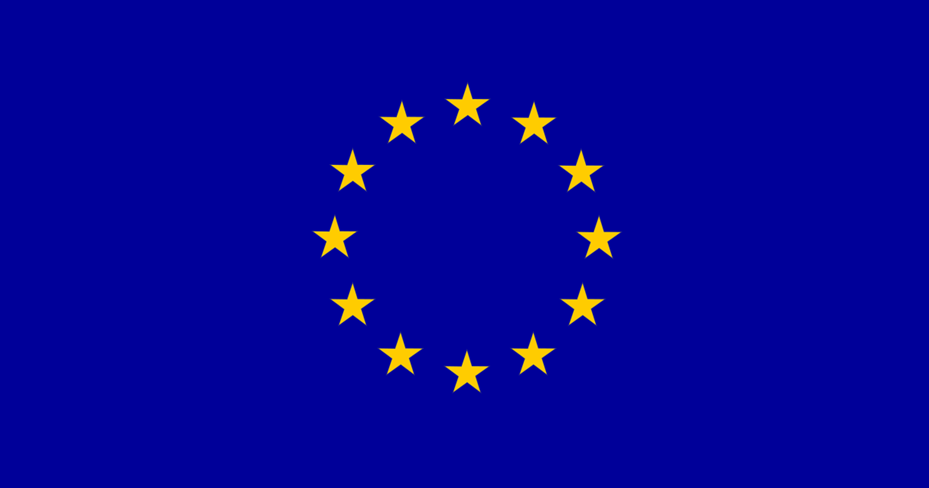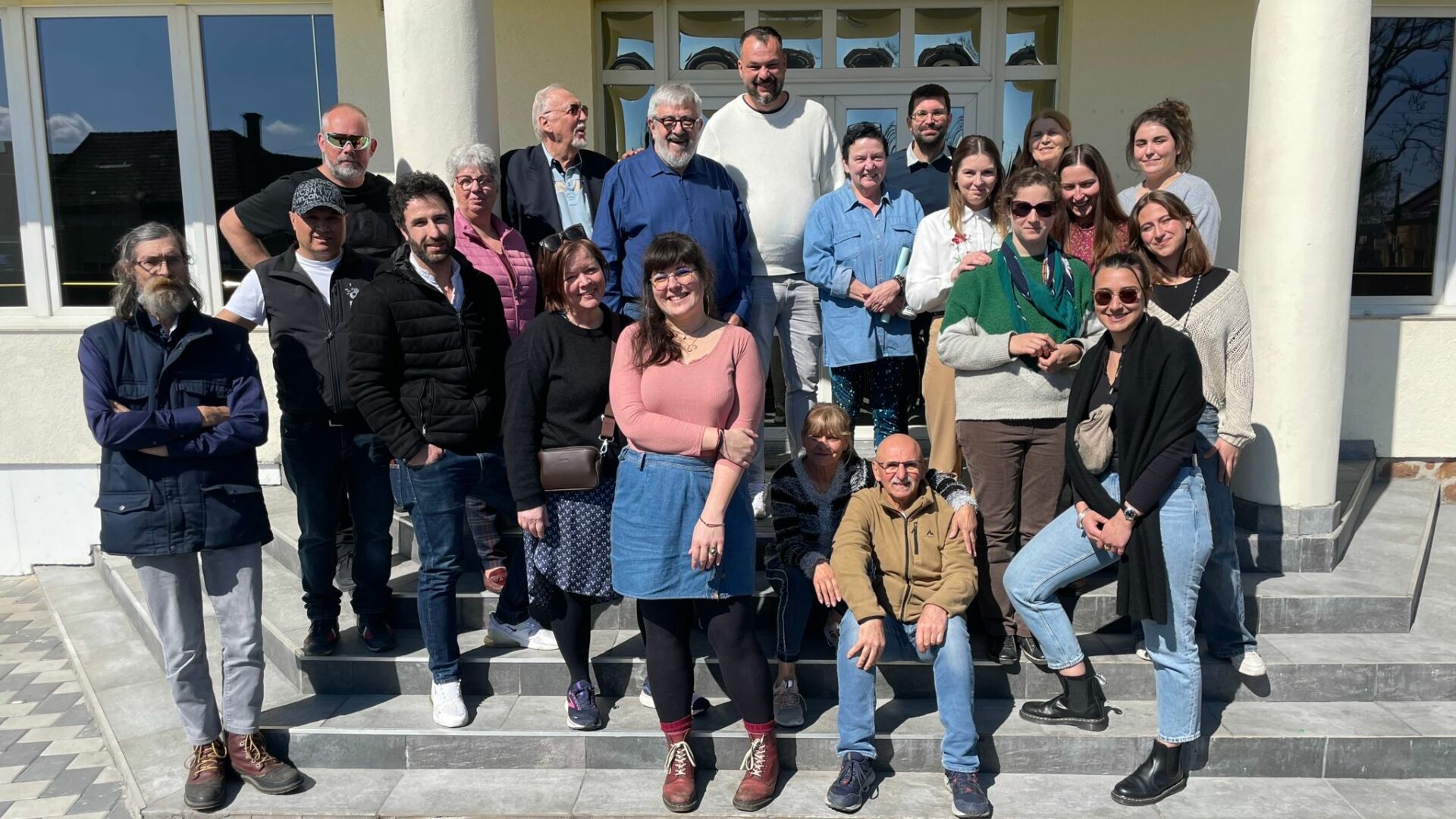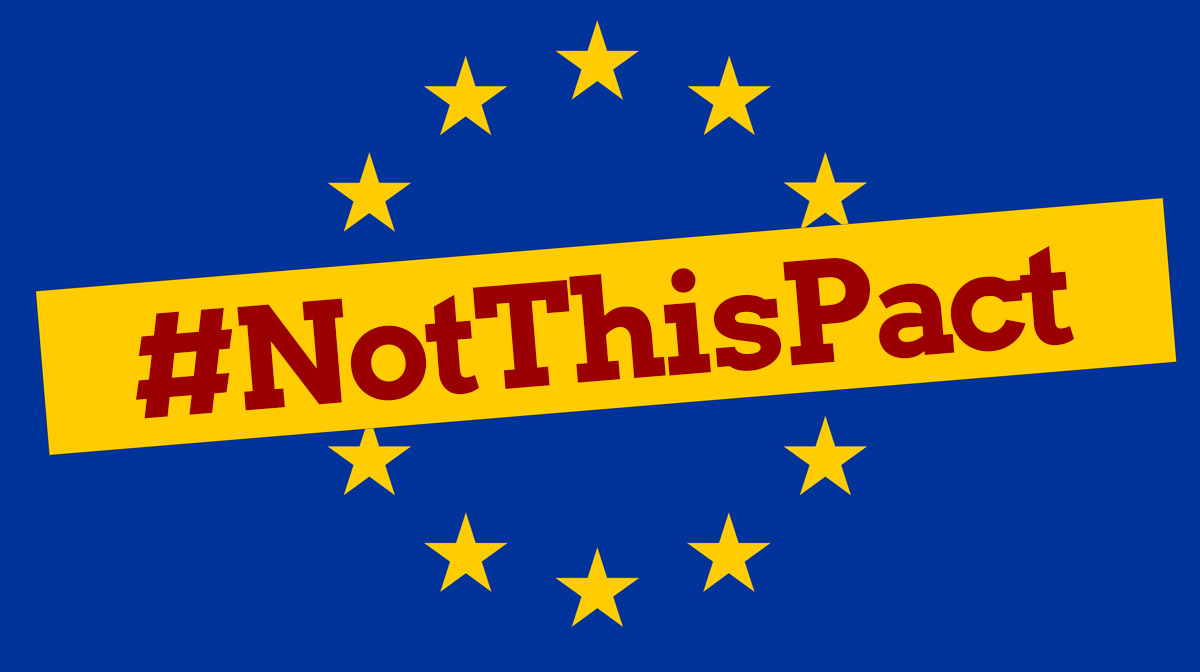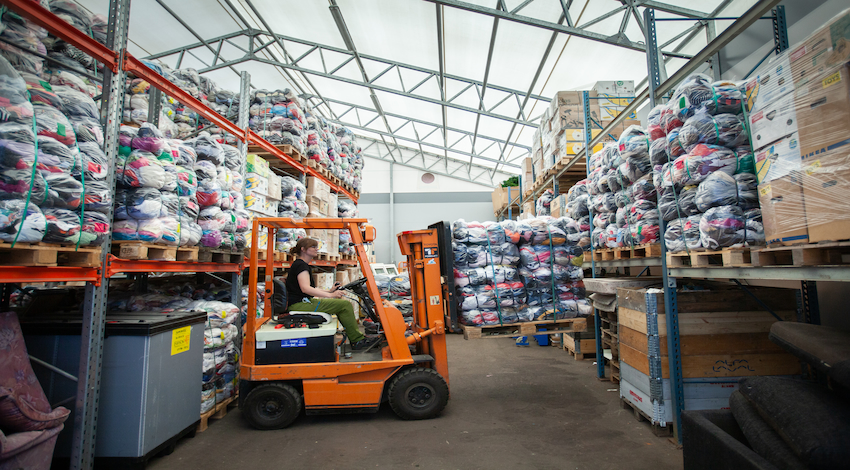European elections: a crucial issue for Emmaus
Between 6th and 9th June 2024, European Union citizens will elect the MEPs who will represent them at the European Parliament for the next five years. These elections will largely determine what Europe will look like over the coming years.
Emmaus is taking action
With a view to raising awareness of the issues that affect our work and values in the run up to the European elections, Emmaus Europe has taken action on a number of fronts to raise awareness about these elections and their importance for Emmaus.
- Our groups are opening their doors to election candidates who wish to find out more about what we do. We are inviting them to visit our premises, learn more about our work and become aware of the challenges we face.
- Emmaus Europe has drafted two position papers, setting out our recommendations for action for the next 5-year term, and has also produced a leaflet to get as many people involved as possible.
General proposals – short version Detailed proposals – long version
Europe – a vital decision-making level for Emmaus’ work
European Union (EU) policies play a decisive role in the daily lives of each and every one of us, influencing matters such as our currency, movement between countries and agriculture.
For Emmaus, almost all areas of our work are affected by European laws.
The EU, Emmaus and the Social and Solidarity Circular Economy
European policies play a vital role in the day-to-day work of Emmaus groups, particularly in terms of our collecting, sorting, re-use and recycling activities. European Union directives on waste management regulate collection and sorting and have an impact on the re-use percentage to be applied in each country, which in turn influences our practices. For example, a separate collection of textiles will become obligatory in all EU countries by 2025. Emmaus Europe is calling for re-use and Social and Solidarity Economy stakeholders to feature prominently in these policies.
The EU, Emmaus and combating poverty and its causes
Although the EU cannot intervene directly in the social policies of Member States, it has recently strengthened its legislative framework to promote social rights. The aim is to encourage greater convergence of national policies and mobilise financial resources for this purpose. For example, the EU adopted the European Pillar of Social Rights, along with an ambitious action plan, particularly with regard to combating homelessness and ensuring a minimum wage. Emmaus Europe is active within the European Anti-Poverty Network (EAPN) and is campaigning to ensure that everyone has access to social protection and a minimum income representing at least 60% of the average standard of living in each Member State. The EU can also take action in other areas related to the causes of poverty, such as access to energy, health care, decent housing and digital technology. For example, the European Green Pact supports policies to renovate buildings to make them more energy efficient, and we are working to ensure that the poorest people benefit first.
The EU, Emmaus and welcoming migrants and refugees
One of the European Union’s major responsibilities concerns migration policies. The EU directly influences border management, and the way migrants and refugees are received, treated and integrated into European societies. Unfortunately, over the last few years, the EU has steered its policies towards tightening the closure of its borders and refusing to accept migrants. This disastrous policy approach is dramatically affecting the lives of people on the move who arrive in Europe. Emmaus firmly opposes this approach and defends freedom of movement and our vision of unconditional welcome.
The far right: a threat to Emmaus’ activities in Europe
We are very concerned about the rise of far-right parties, which pose a serious threat to organisations such as Emmaus, particularly in terms of our unconditional welcome policy, as well as our work to combat poverty. It is crucial to stand firm against the influence of parties dominated by racism and xenophobia that pit poor people against each other.
Are you a member of Emmaus Europe? Please also check out the webpage dedicated to the European elections on the home page of our member’s area.
Are you a member of Emmaus Europe? Please also check out the webpage dedicated to the European elections on the home page of our member’s area.
Manon Gaham, Advocacy and Awareness-raising Officer: manon.gaham@emmaus-europe.org
Eve Poulteau, Chief Executive: eve.poulteau@emmaus-europe.org







